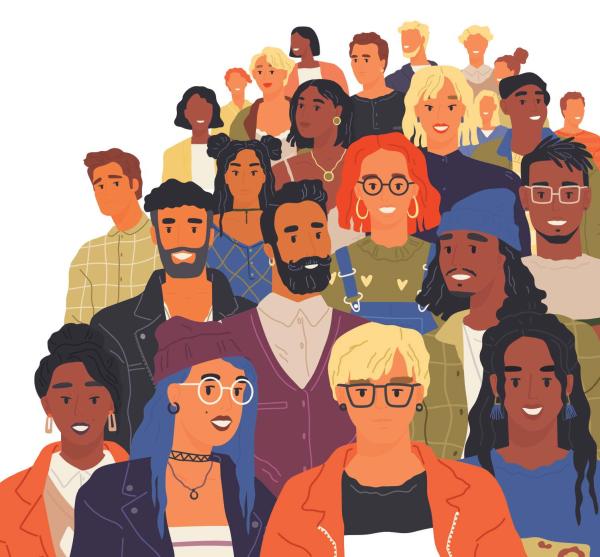
Young people from Africa and Europe are concerned about the future in a world threatened by climate change and conflict, though the specific concerns of people from the two continents differ sharply, according to wide-ranging focus groups carried out by an independent online debate platform. Both groups, however, see international institutions as a more effective way to respond to crises than national governments.
Every European and most Francophone Africans included in the focus groups said climate change was either a major concern or their main worry. Among Anglophone Africans, however, “the issue barely came up,” says the report detailing the results of the focus groups, Securing Our Future: 100 African and European Voices on Climate Change, Conflict and Security. However, Anglophone Africans were worried about issues such as food insecurity, which are compounded by climate change.
In partnership with the European Investment Bank, Debating Europe and its sister platform Debating Africa asked 100 young people across both continents how the COVID-19 pandemic and the Ukraine war have affected their perception of threats, as well as the role governments and financial institutions should play in resolving them. The executive summary of the report is published to coincide with the Finance in Common Summit, which begins on 18 October in Abidjan, Côte d’Ivoire. The full report will be released during COP27 in Egypt in November.
Same threats, different assessments
Most African participants perceived the pandemic differently to the European participants in the focus groups. The proximity and scale of the pandemic shocked most European participants. Many African participants were more sanguine, comparing the impact of COVID-19 to diseases such as Ebola, monkeypox, and malaria, with which their countries were already wrestling. African participants were also more concerned with the socio-economic consequences of the pandemic than the direct public health impact.
While the Ukraine war is bringing energy insecurity to Europe, many Africans told the focus groups they have been facing constant blackouts and power interruptions for years. Young people from both continents wanted to see a switch to renewable energy as an urgent priority.
Just as food prices have risen dramatically since the Russian invasion of Ukraine, African participants pointed out that food insecurity has long been a major problem in Africa. Nevertheless, those same participants often said that commodity supply issues linked to the Ukraine war demonstrate Africa’s over-dependence on food imports.
For all African participants, physical security and conflict was one of the greatest sources of insecurity. Poverty and the rising cost of commodities were also key concerns among the African participants, whereas these issues “were not keeping Europeans awake at night,” the report says. Europeans did, however, cite inequality as a problem.
International solutions for global problems
The European and African focus groups both expressed low levels of trust in governments to address these challenges effectively. Among African participants, many said they didn't trust national governments because of issues of corruption and inefficiency. European participants, however, often gave different reasons: they felt national governments were bad at long-term planning and that the nature of a challenge such as climate change was global, making it impossible for a single government to tackle the issue.
International institutions were seen as the most effective way of coordinating a global response, with European participants in particular wanting to empower them.
Both Africans and Europeans were brimming with ideas about where funding should go, with a strong emphasis on education and renewable energy. Critically they advised working with community groups to deliver projects tailored to local needs.